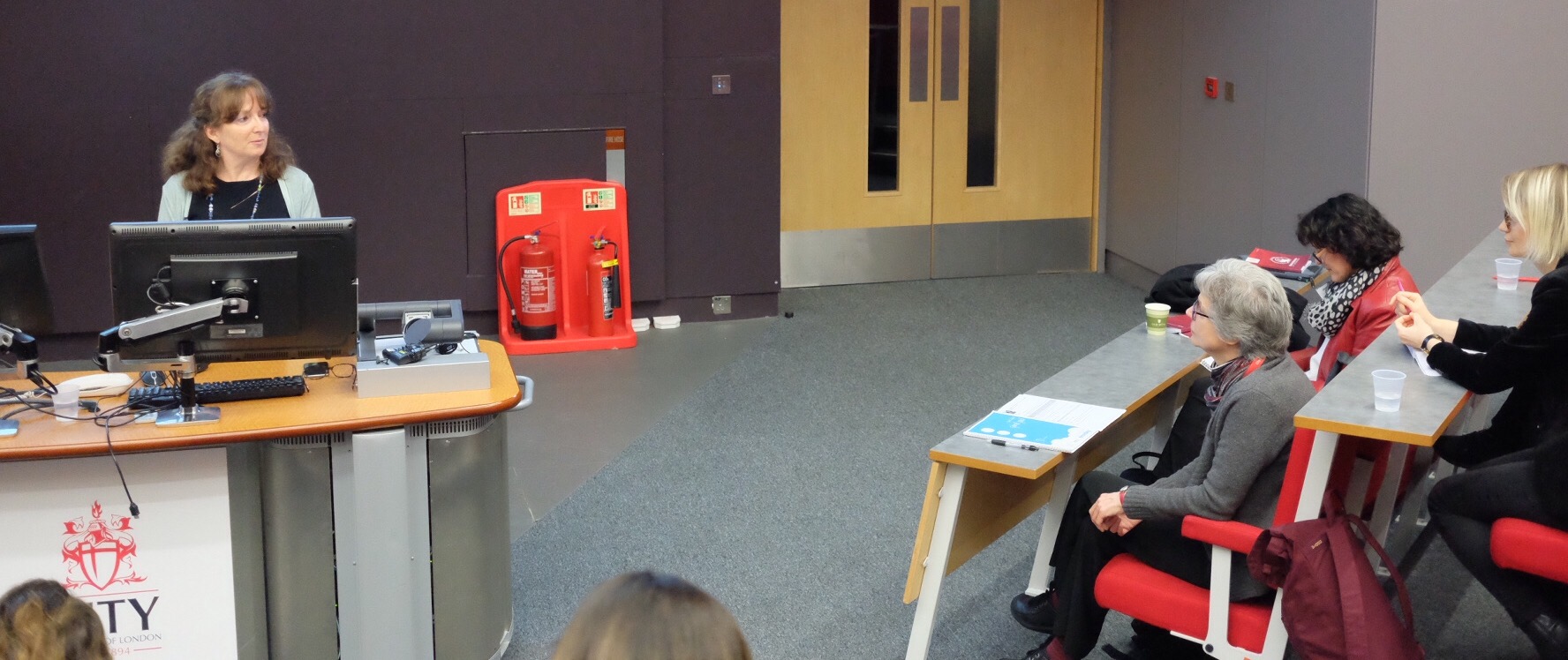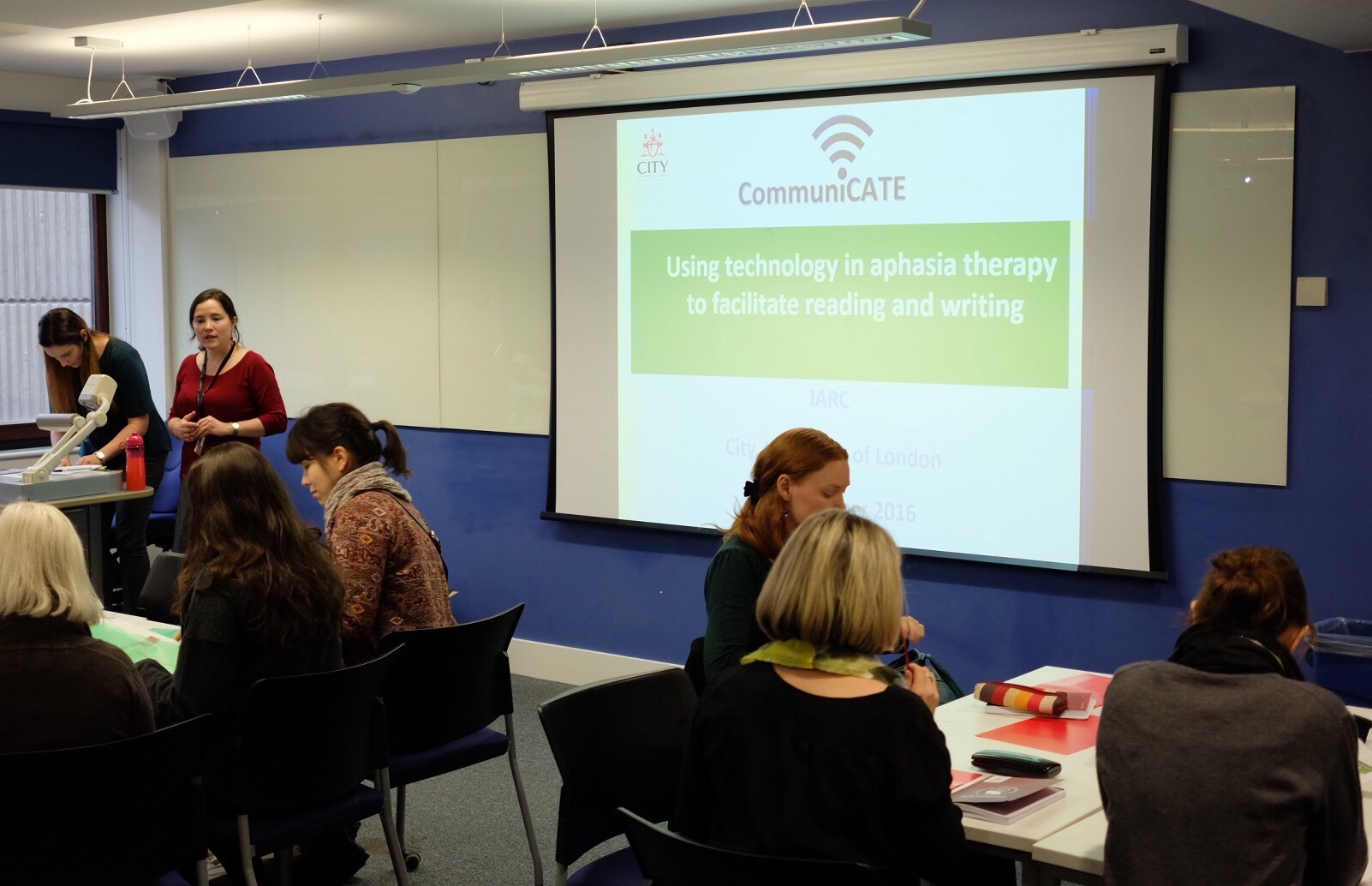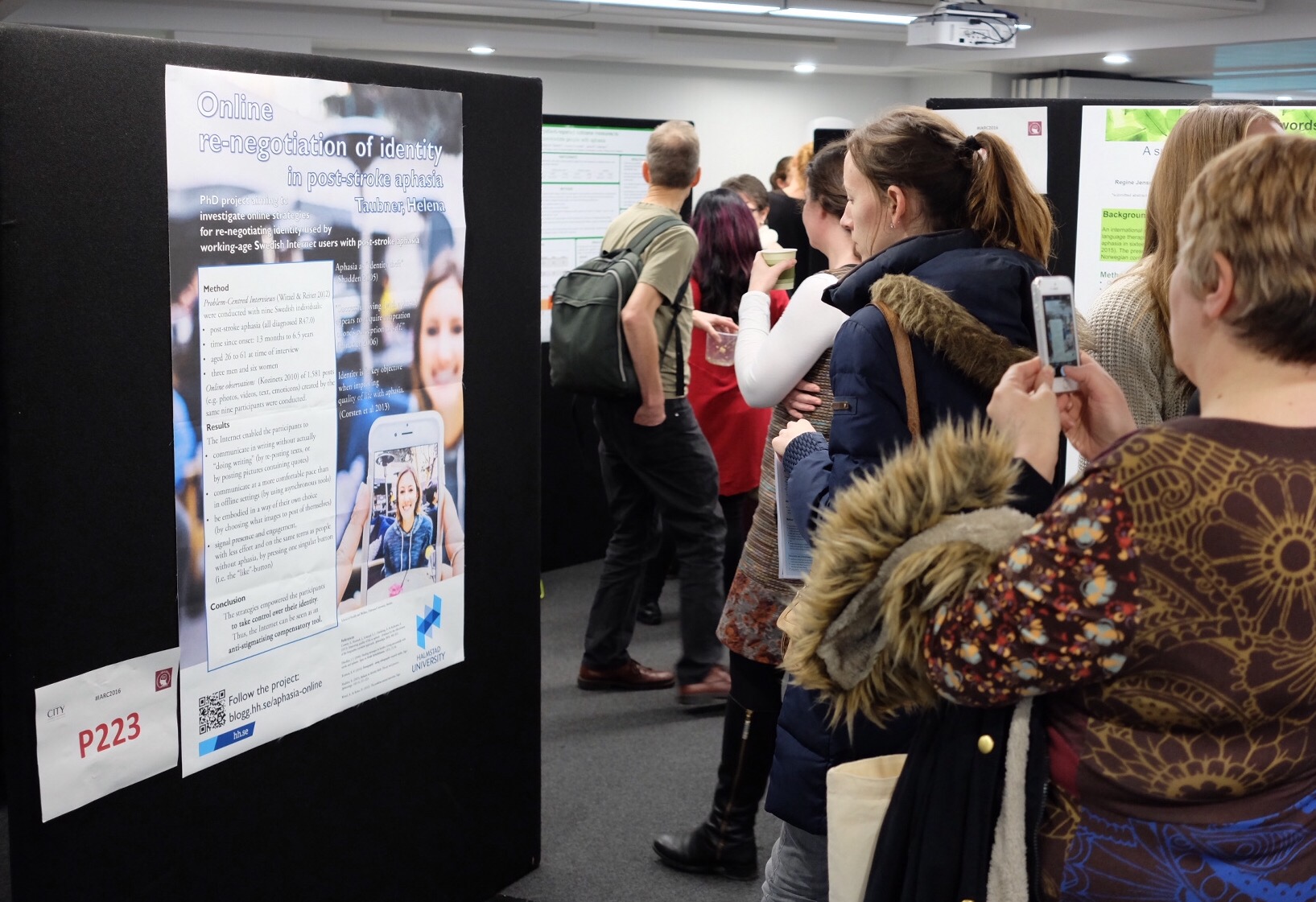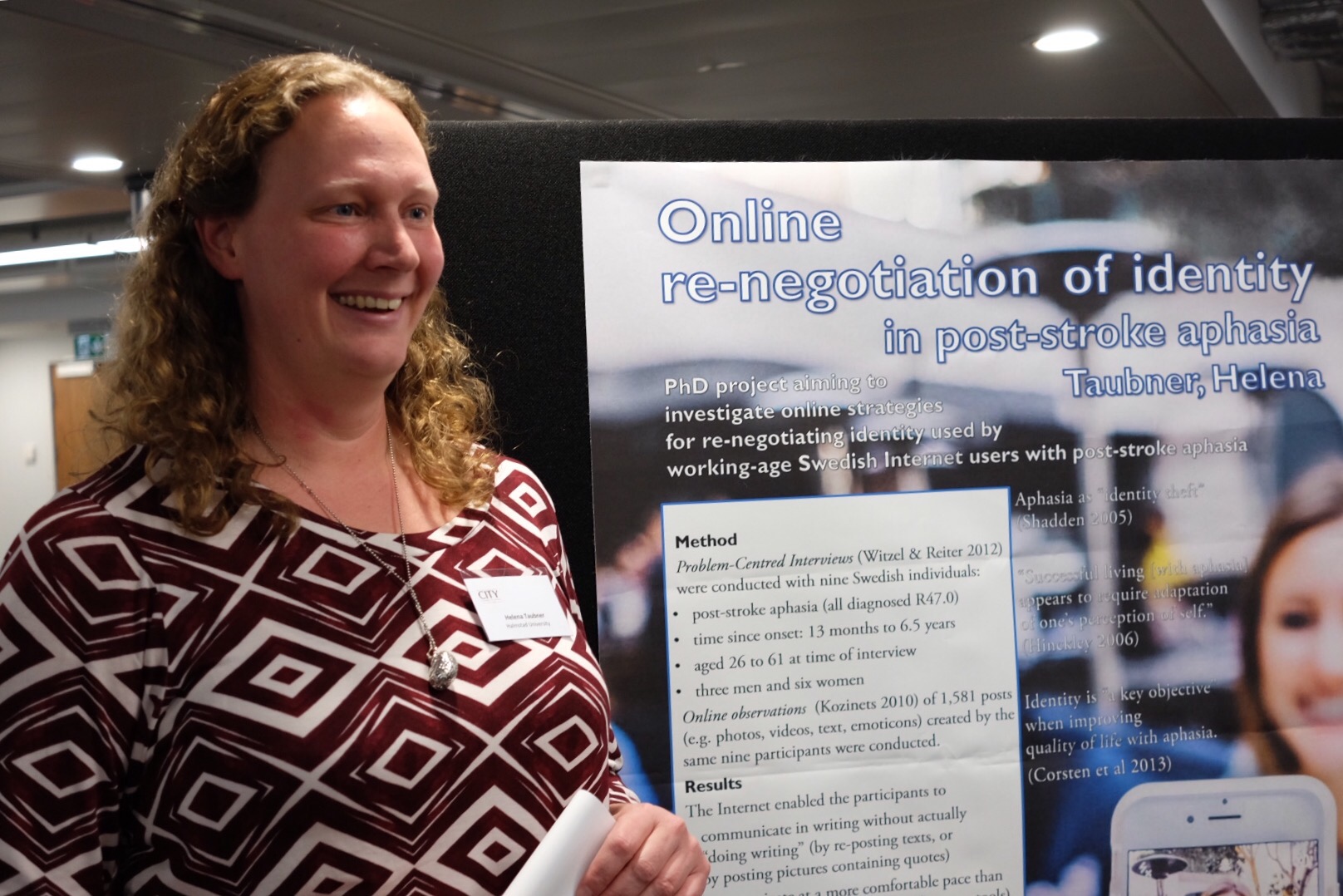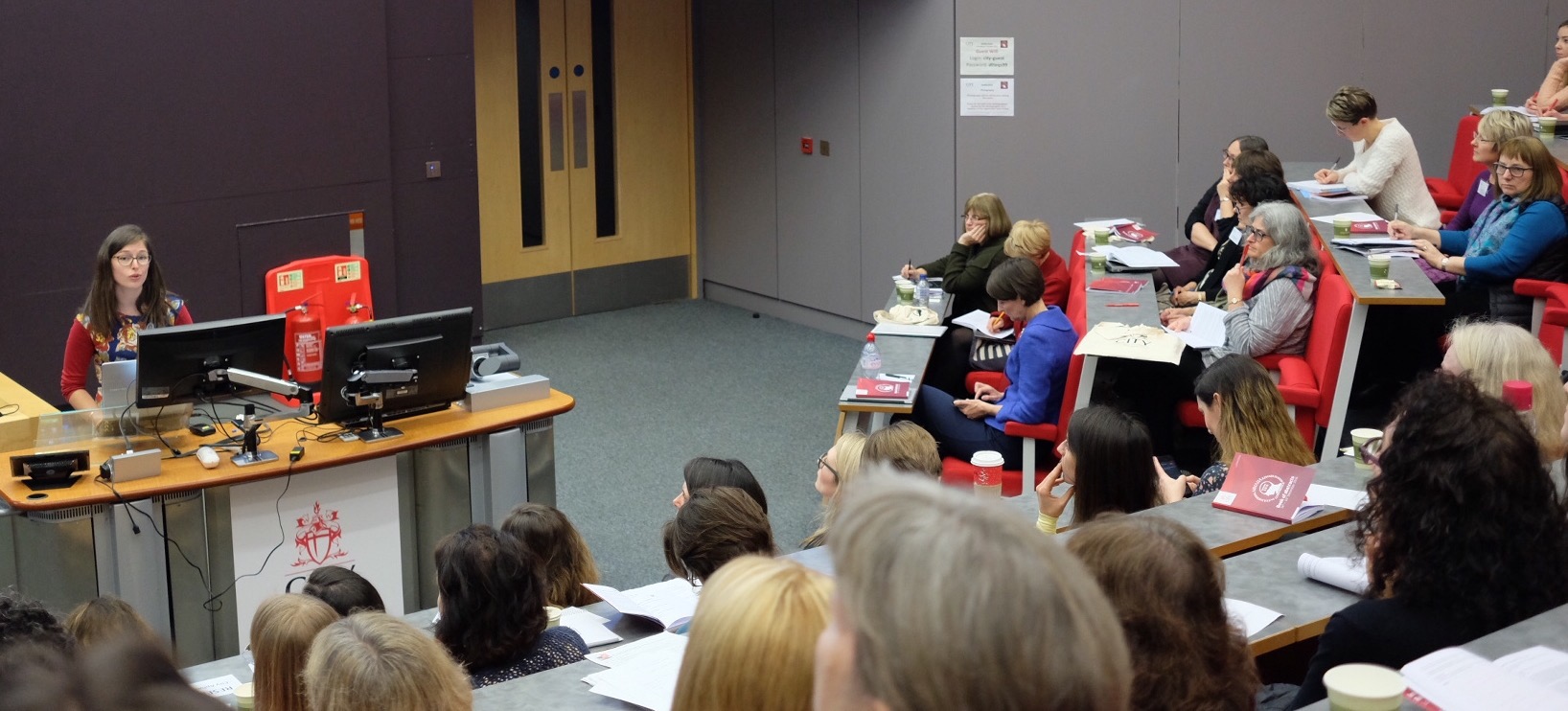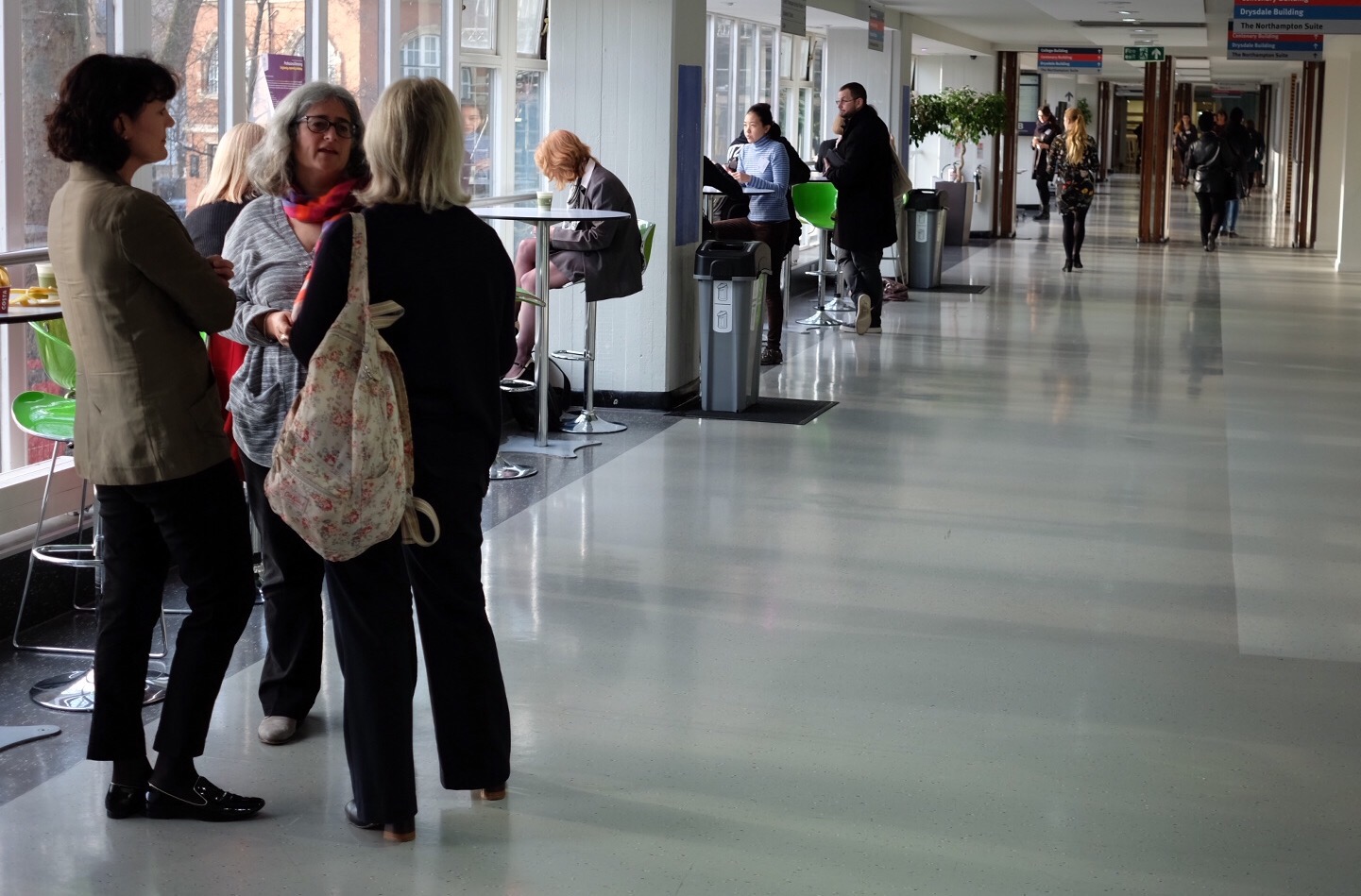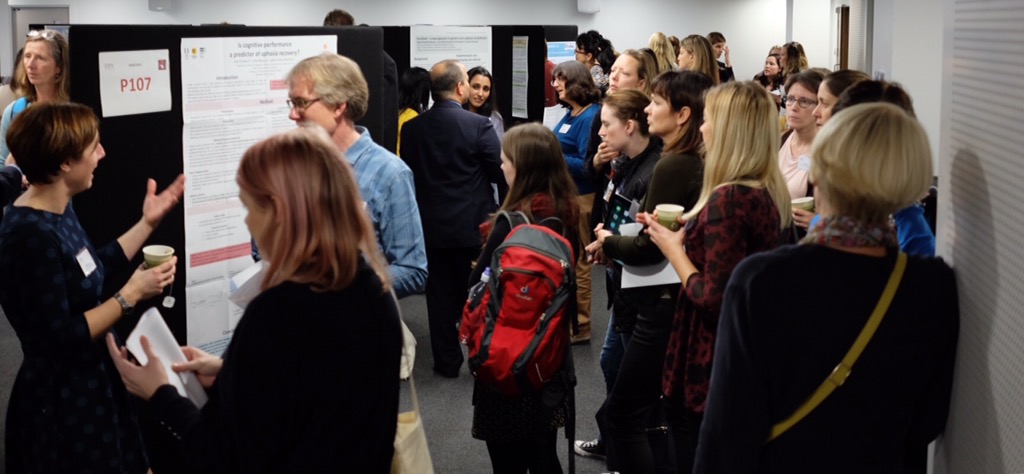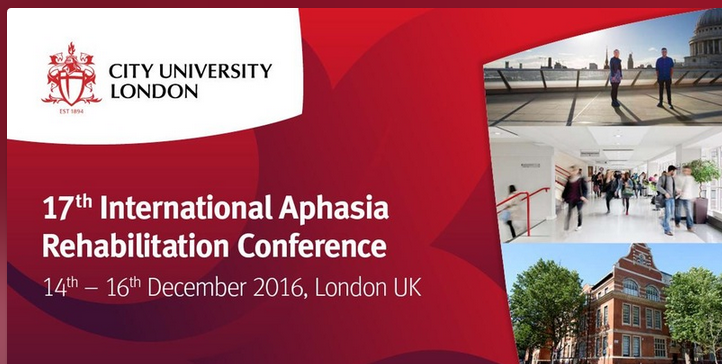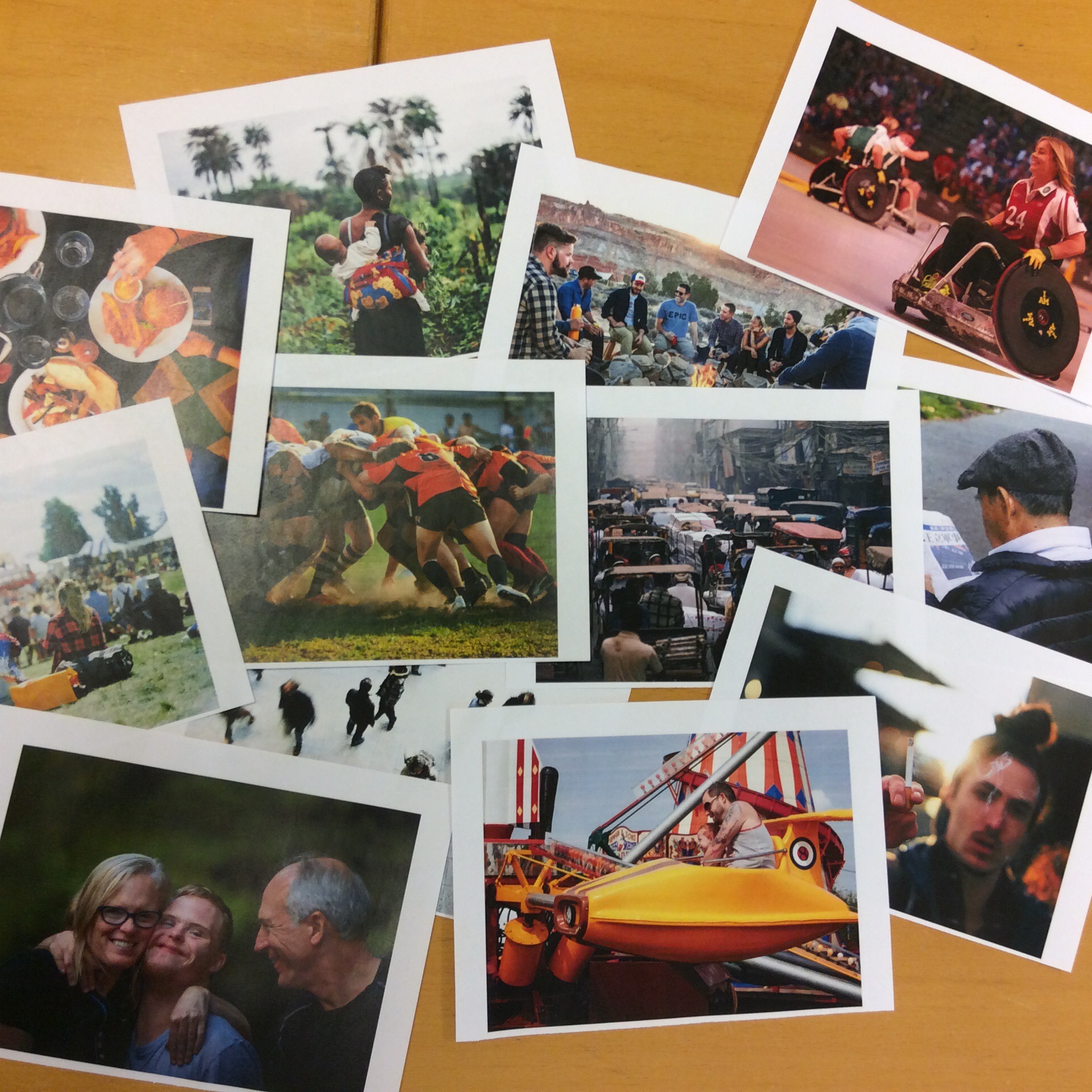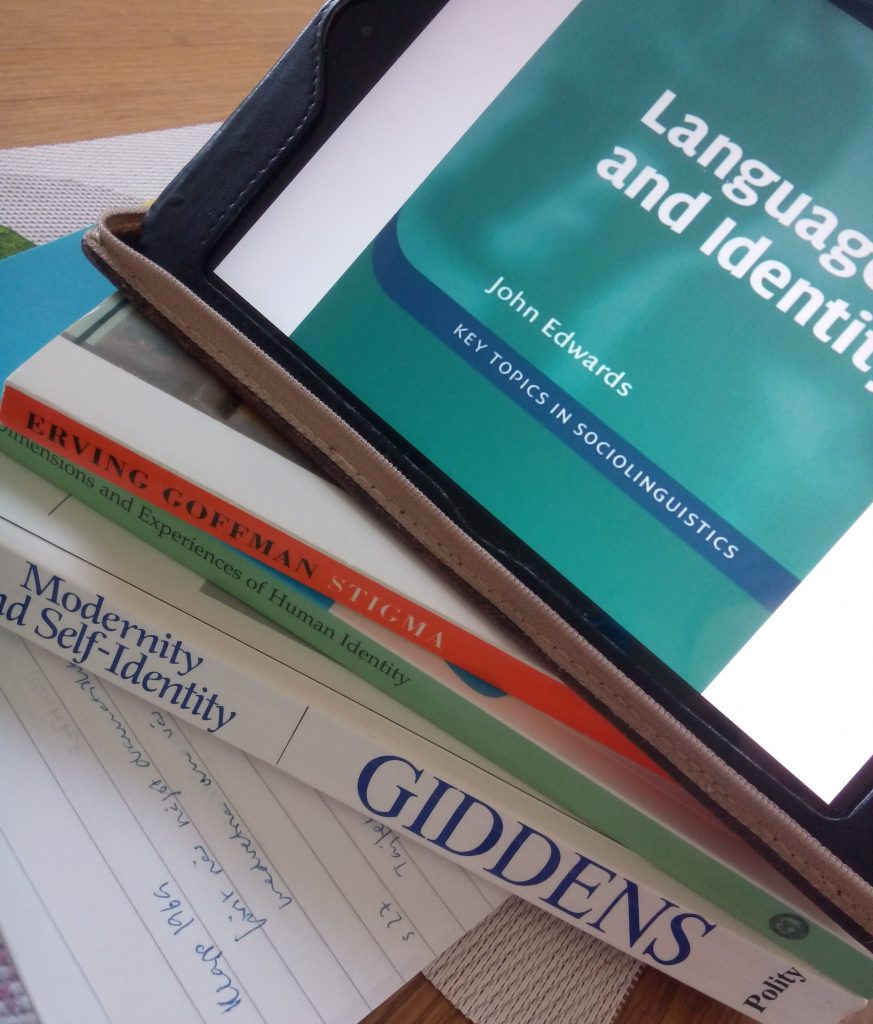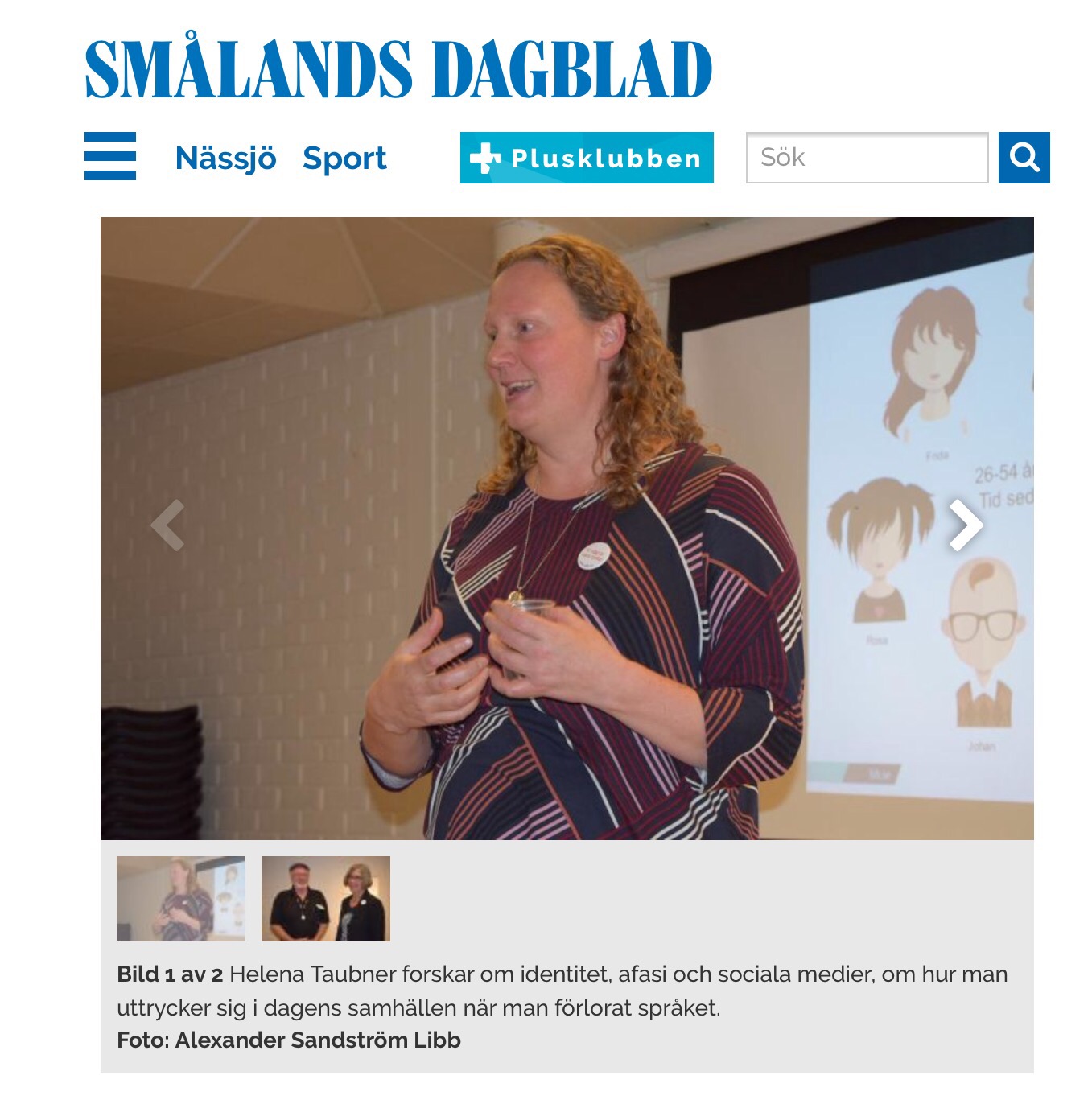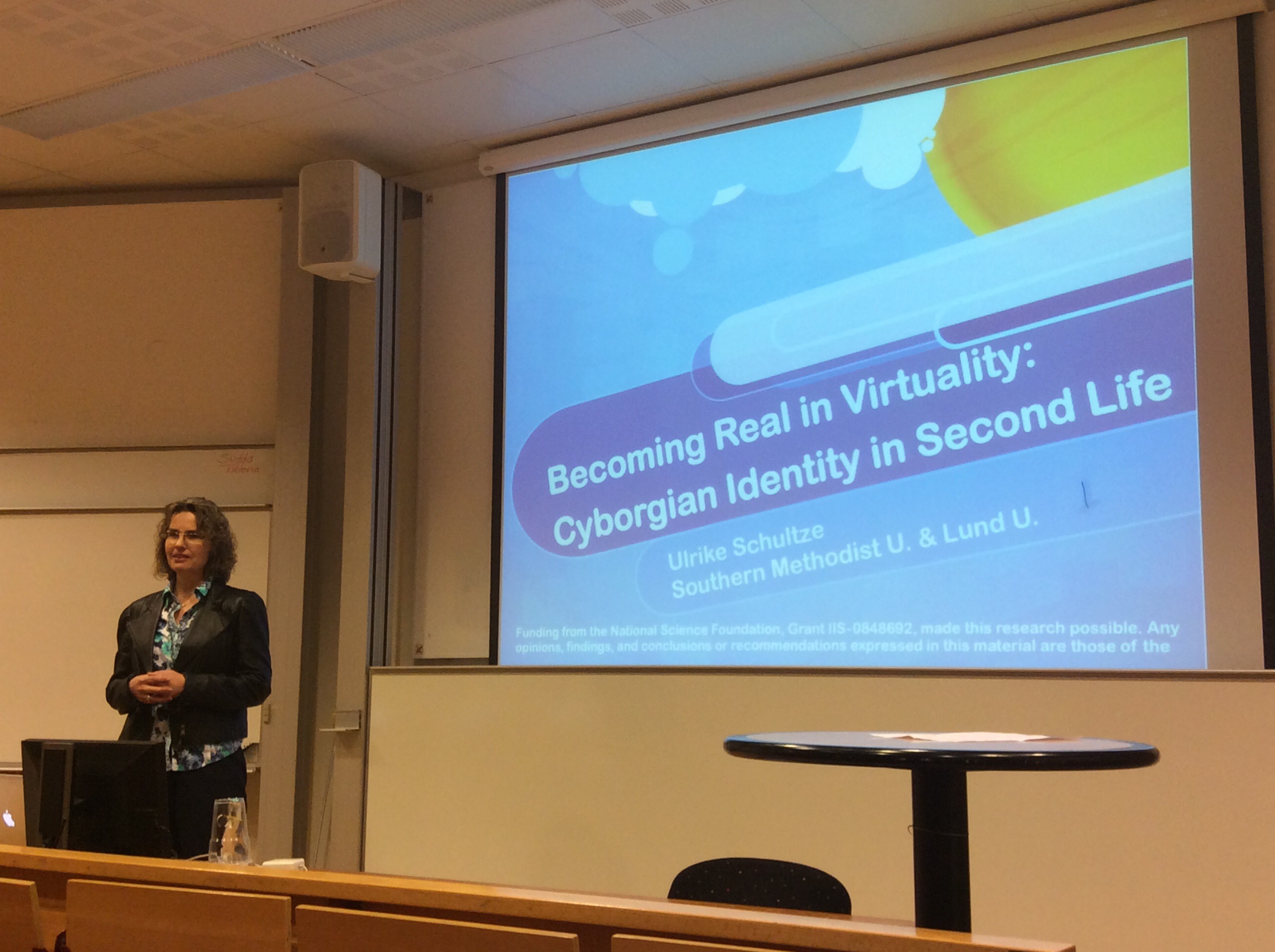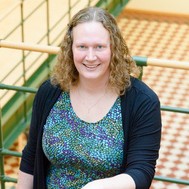Today, my first article was published! One down, three to go – since my PhD project is aiming at publishing four articles separetely and then combining them into a thesis. I have been working with this article for about two years, so I am really satisfied that it is finally published.
The article is called ”Signs of aphasia: Online identity and stigma management in post-stroke aphasia” and it is published in the journal ”Cyberpsychology: Journal of Psychosocial Research on Cyberspace”. It is available in fulltext online, so if you want you may read it at cyberpsychology.eu/article/view/6759/6234
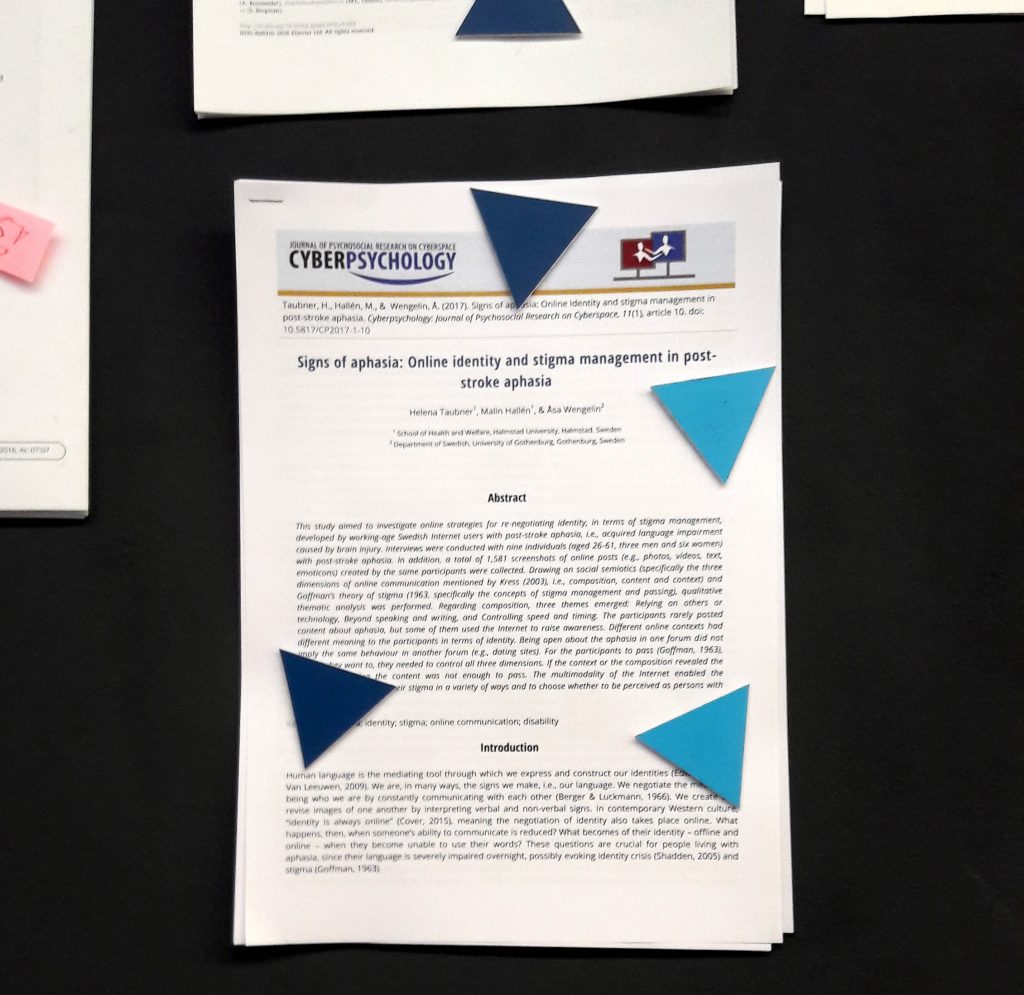
The article ”Signs of aphasia” on the publication wall at Halmstad University.

